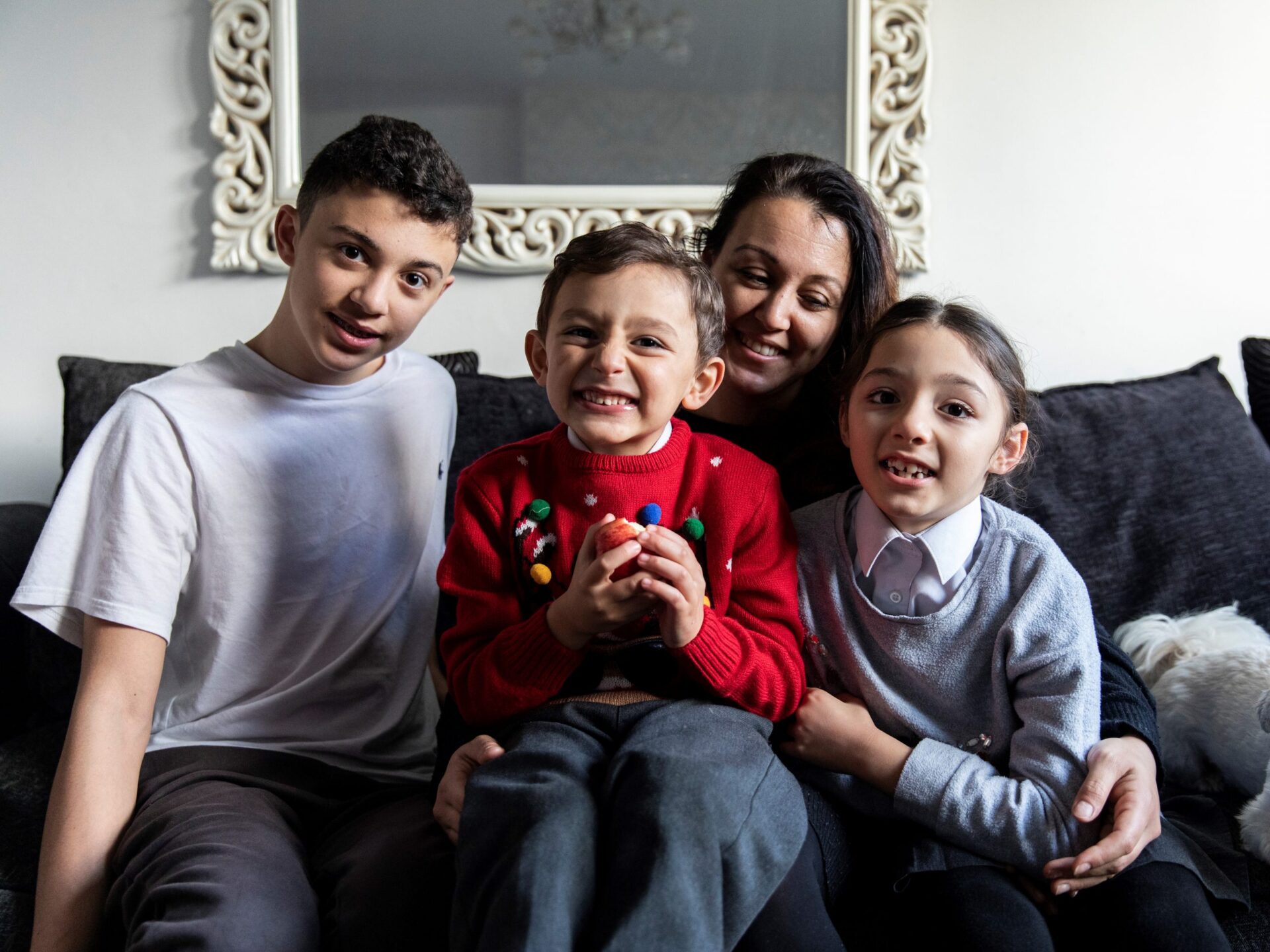
Information on informal kinship care arrangements, including how you become an informal kinship carer and available support.
Becoming a kinship carer can feel daunting, but it can be a really rewarding experience for you, as well as for the child you are caring for. Here’s what you need to know.
This advice applies to: England and Wales
Click on the link below to take you to the section you'd like to read:
Kinship carers often say the rewards of caring are enormous. Becoming a kinship carer can be life-changing, but the experience of being a kinship carer can bring significantly more pressures to day-to-day family life. Before becoming a kinship carer, it’s important to understand what it entails and whether it’s right for you and your family.
Your local authority has a duty to provide family support services to promote the upbringing of children in kinship care. Yet, kinship carers tell us they often find it difficult to get the support they need from their local authority. You can get support from Kinship through our services, including our website and advice line, local peer support groups and programme of training and workshops.
People become kinship carers in different ways and for different reasons. In many communities, raising children within their wider family is normal. For some carers a crisis leads to the arrangement.
You might have thought very carefully about becoming a kinship carer, or everything may have happened in a big rush. You may have lots of complicated emotions, such as feeling responsible, angry, anxious, or that you have no real choice but to step in to help. Whichever way you find yourself in this situation, your feelings matter.
All these feelings and emotions are perfectly normal. If you are clear about why you are stepping up to help, it will enable you to make better, more informed decisions. Caring full-time for a child is a huge undertaking and will be life changing. People often need help to think and talk through the implications. Specialist, independent legal advice is essential if the plan for the child’s care involves a formal arrangement.
If you have weighed it all up and feel this isn’t the right choice, you can say no. Only you know the right decision for you and your family. If you feel it’s not the right decision, talk to whoever has parental responsibility, to children’s services, explore a family group conference or other meeting where family-led decision-making takes place.
If you are a family member or friend raising a child on behalf of their parents, legal advice will help you understand what your rights are.
Legal help for kinship carers
As a kinship carer, you will need to provide a safe, stable, and supportive home for the child in your care. You will also need to meet their emotional, educational, and social needs.
To develop a sense of personal identity, it’s important that the child or children maintains contact with their family. Whether you have parental responsibility or not, it’s important that you respect the child’s family background and culture when making decisions about their care and their future.
Parental responsibility describes the rights, duties, responsibilities and powers which the law gives a parent in relation to their child. Parental responsibility can be complex in kinship care arrangements. Find out more about parental responsibility in our guide.
If you decide to become a kinship carer, there are different types of care arrangements. Arrangements can be made ‘informally’ between the parent or parents and the relative or friend, or the arrangements can be because of children’s services involvement.
Here at Kinship, we offer a range of free support for all kinship carers, including workshops, online advice and information, and support groups.
To find services, information and support in your local area, including information about your local children’s services, use our Kinship Compass tool.
You can also contact the Kinship advice team for free, non-judgmental advice and information if you live in England or Wales.
Sign up for emails to keep up to date with the information that’s important to you, from support and advice for kinship carers, to our latest news, events and campaigns.